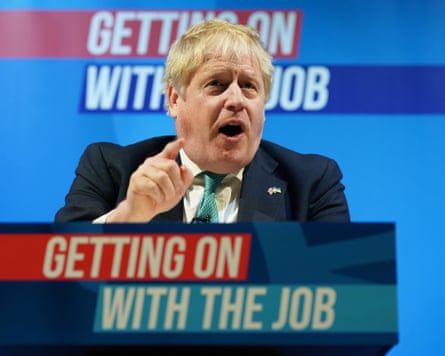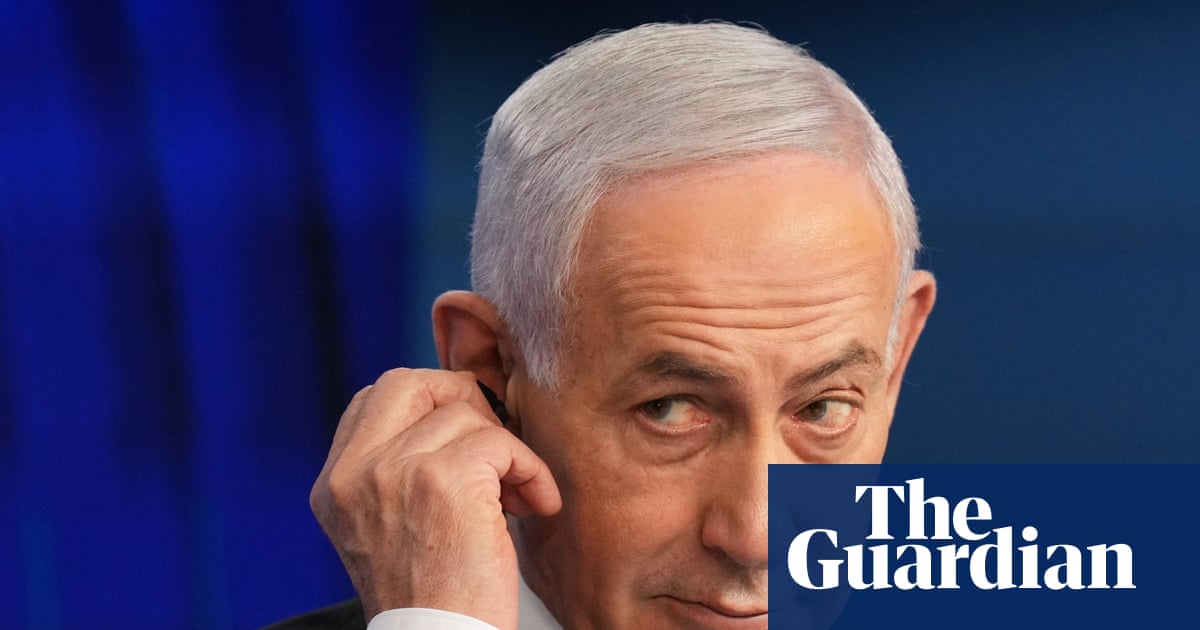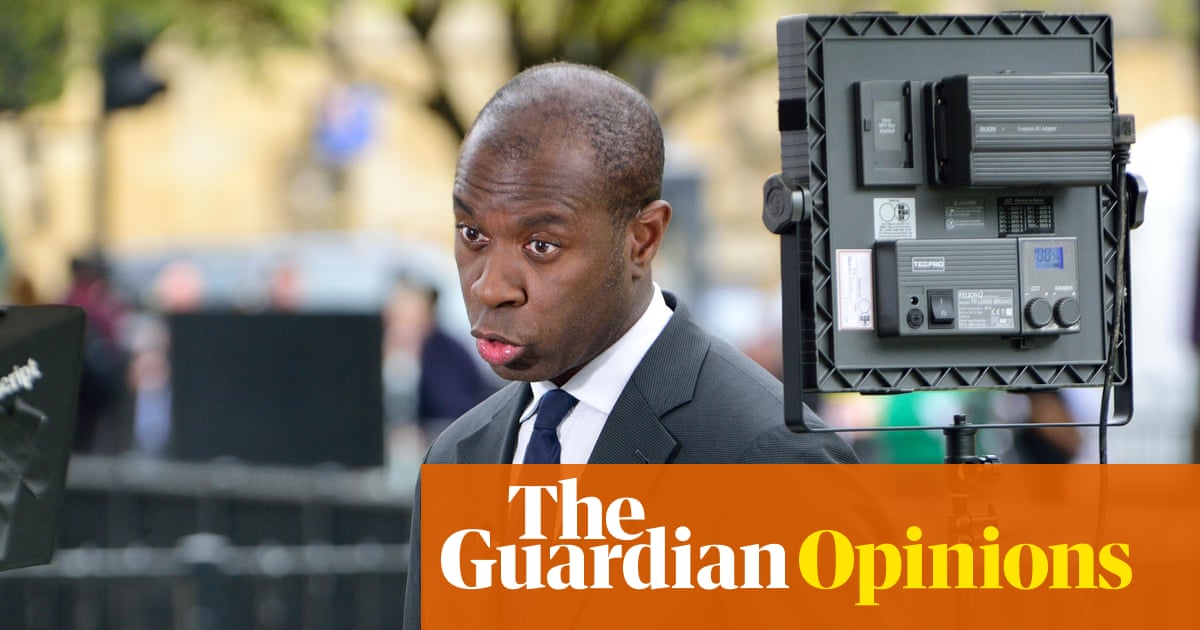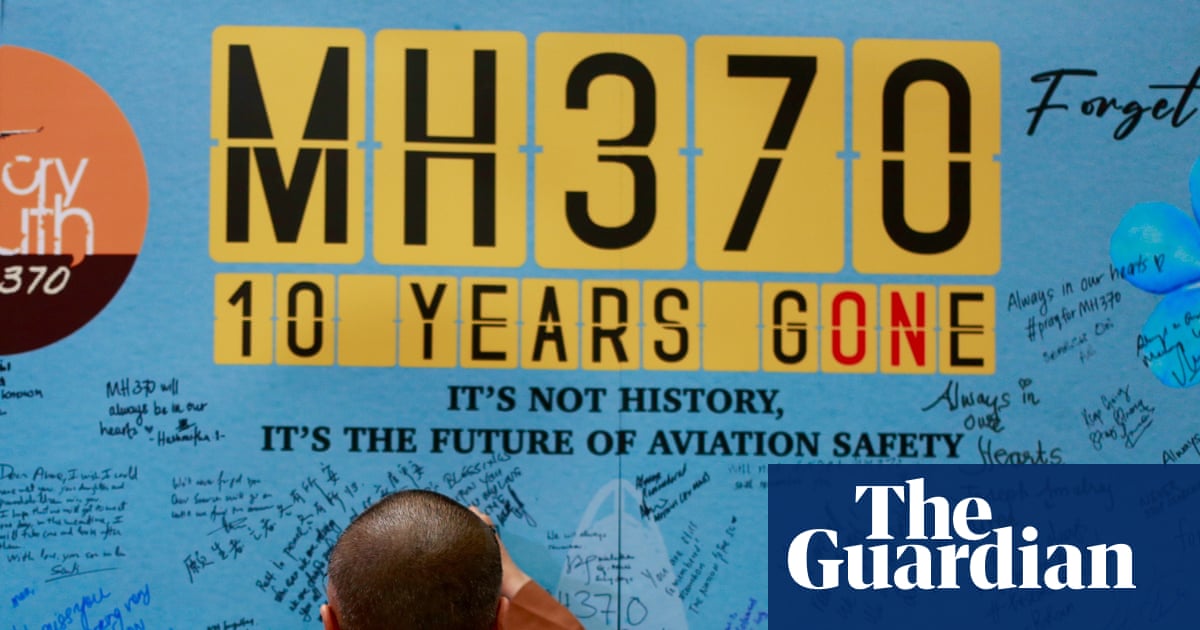While British rightwing politics has never been exactly a gentle pursuit, there is a longstanding assumption that its tone and content have limits. Enoch Powell’s “rivers of blood” speech, Oswald Mosley’s embrace of fascism, Keith Joseph’s 1974 speech apparently in favour of eugenics: each of these transgressions was punished and became infamous.
According to believers in this country’s political moderation, the mainstream British right does not make overt appeals to prejudice, encourage political violence, form alliances with the far right, or advocate authoritarianism here or abroad. Unlike in other democracies, such as interwar Germany, our conservatism has always had red lines.
Yet even if this reassuring picture was accurate in the past – and that is open to question – nowadays the British right appears to be on a much less cautious path. On law and order, immigration, net zero, multiculturalism, press freedom, the British empire, Donald Trump’s administration, the European convention on human rights, the condition of British cities and general state of the nation, leading Conservative and Reform UK figures routinely say inflammatory things, far outside the supposed bounds of responsible conservatism. This week, the chair of the National Police Chiefs’ Council, Gavin Stephens, without naming specific politicians, took the unusual step of warning that those “in a leadership position” should not “sow division”.
A radicalisation is under way on the right, encouraged by excited reactionaries in the media, thinktanks and academia, on a scale not seen since the feverish mid-1970s. What caused this transformation? And where is it leading?
One driver is desperation. Not just the Conservatives’ frantic search for an escape from unpopularity; but a deeper restlessness and insecurity. Since the 2008 financial crisis, the free-market policies on which British rightwing politics has been based for half a century have lost much of their credibility – even for many conservatives, who have belatedly realised they are too socially disruptive. Brexit, privatisation and austerity – the right’s three other big projects – have also been discredited. So, no longer trusted by enough voters on the economy or the size and role of the state, the right has turned to culture wars, foreigner-bashing and hyperbolic national declinism. In July, at a Reform press conference on crime, Nigel Farage claimed that Britain is “facing nothing short of societal collapse”.
Meanwhile, the Conservatives’ rightward march is being fuelled by frustration, anger and disorientation at being ejected from power for the first time since 1997. The fact that Keir Starmer, whom many Tories see as mediocre, is probably going to be in office with a huge majority for another four years, and possibly more, despite Labour’s endless troubles, adds insult to injury. For a Conservative party that believes it has the right to rule, however dire its governing record, interruptions to this ascendancy are increasingly hard to stomach.
The contempt and outrage of the rightwing media towards relatively effective ministers such as Ed Miliband comes from a similar place of entitlement. The constant insinuations that such centre-left figures – a regular, yet rarely dominant part of Labour governments – are sinister and somehow illegitimate is another symptom of the right’s growing extremism: an intolerance of reforms that change Britain in any progressive way at all.
Reform’s radicalism is, on the surface, less ill-tempered. The party has been on the up for months, and Farage’s speeches and press conferences revel in that, with huge promises, such as to “deport hundreds of thousands of people”, the product of surging confidence as much as scaremongering about immigrants. Yet the blatant similarities between Reform’s policies and Trump’s – even at a local level, with Nottinghamshire’s Reform-controlled council imposing bans on journalists whose revelations it finds inconvenient – show the ominous direction of Farage’s party. Freedom of speech and individual liberty are endlessly invoked by the British right, but it believes that these freedoms should be ever more selectively distributed.

In some ways, Britain’s current rightwing politics of mingled libertarianism and authoritarianism, slippery populist pledges and largely symbolic policies, originates in the already half-forgotten era of Boris Johnson. He purged centrist Conservatives, illegally prorogued parliament, insulted Muslims and invoked English nationalism in ways that pleased the far right. Pro-Boris placards were waved at their rallies. Despite all his lying and rule-breaking, most of the rightwing media stayed loyal. Johnson’s path to victory at the 2019 election was eased by Farage’s Brexit party agreeing not to campaign in Tory seats. The British right became more uninhibited during these years, and has never really calmed down.
Yet to fully understand the right’s current frame of mind, we need to look further back, to the reckless reactionary summer of 1974. Then as now, a relatively new, struggling Labour government faced an unpopular Conservative party with few fresh ideas. There was much talk of national decline. For many rightwing Britons, one group was to blame: not immigrants, but the unions. To tame them, solutions far beyond standard conservatism began to be considered, involving former soldiers, authoritarian rightwing activists and networks of “volunteers”.
In July, the leader of one of these “private armies”, as they became known, a recently retired general, Walter Walker, told the London Evening News: “Perhaps the country might choose rule by the gun in preference to anarchy.” The then defence secretary, Roy Mason, warned of a “near fascist groundswell”.
after newsletter promotion
After a few months, it seemed to ebb away, weakened by infighting over the networks’ ideologies and methods. But, in fact, this aggressive anti-union politics simply re-emerged in more respectable form, with Margaret Thatcher’s 1975 election as Conservative leader, supported by former participants in the private army projects.
Today’s taboo-breaking right could also produce a dominant new conservatism – perhaps a fusion of Reform’s grievance politics with Robert Jenrick’s ever more authoritarian Toryism. Or it could be more illiberal still. This week, Jenrick tried to sound tougher than both Farage and his own party leader, Kemi Badenoch, arguing that asylum seekers should be confined in “rudimentary prisons”, rather than the “holiday camps” proposed by Reform.
Even if the new right’s electoral breakthrough never comes – Farage and Jenrick are yet more divisive than Thatcher – its radicalisation has already had major effects: pulling Labour to the right, pushing the Greens to the left, and increasing interest in Jeremy Corbyn and Zarah Sultana’s new socialist party. Once one side starts ignoring the supposed rules of politics, the whole game can change.
-
Andy Beckett is a Guardian columnist

 3 months ago
95
3 months ago
95

















































